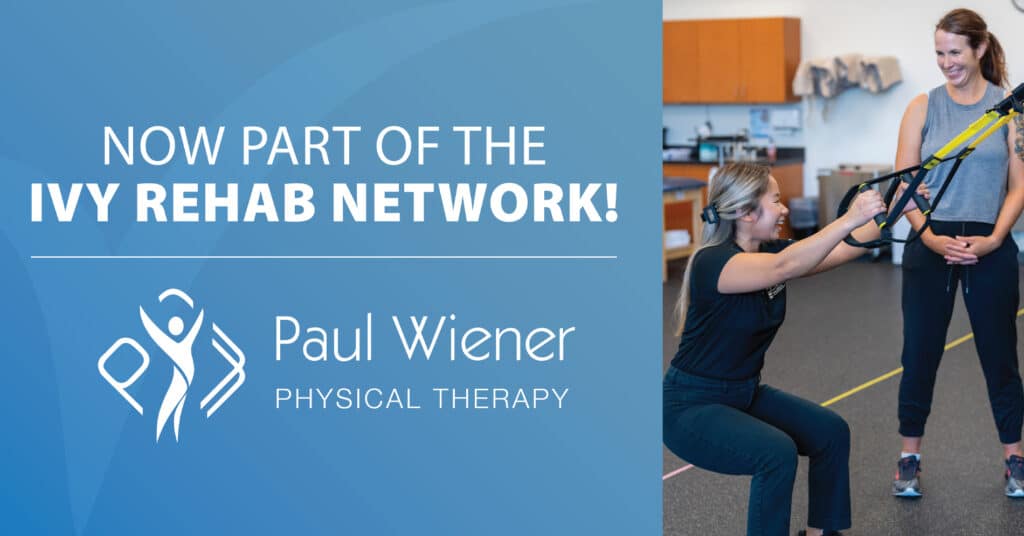Vestibular migraines are caused by abnormal activity in the brain areas that process balance and sensory input. Triggers may include hormonal changes, stress, sleep disruption, certain foods, and genetic factors.
If you’ve ever felt dizzy, off-balance, or like the room is spinning but didn’t have a typical headache, you might have had a vestibular migraine. These episodes can throw off your balance, blur your vision, and make everyday tasks feel overwhelming.
While they can be frustrating, there’s good news: vestibular migraines are treatable. Understanding what causes vestibular migraines is the first step toward managing symptoms – and getting your life back in balance.
What Are Vestibular Migraines and How Do They Feel?
Vestibular migraines are a type of migraine that affects your vestibular system – the part of your body that helps you stay steady and oriented. Unlike regular migraines, they don’t always come with head pain.
Common vestibular migraine symptoms include:
- Dizziness or vertigo (a spinning feeling)
- Nausea or motion sickness
- Sensitivity to movement, lights, or sound
- Trouble keeping your balance
- Blurred or double vision
They often show up in women, especially during times of hormonal change like pregnancy or menopause. Diagnosis usually comes from a pattern of symptoms and ruling out other causes like inner ear problems or neurological issues.
Need help understanding your symptoms? Vestibular therapy at Ivy can help.
What Causes Vestibular Migraines: Key Triggers to Know
There’s no single cause of vestibular migraines. They usually come from a mix of brain changes and personal triggers.
1. Neurological Disruptions in the Brain
- Changes in the brainstem and areas that manage balance and vision can bring on symptoms.
- The trigeminal nerve, which carries facial sensations, plays a big role in migraine activity.
- A hypersensitive nervous system makes it easier for triggers – like bright lights or movement – to set off an episode.
Learn more about the brain’s role in vestibular migraines.
2. Hormonal Changes and Genetic Factors
- Changes in estrogen levels during your cycle, pregnancy, or menopause may increase migraine risk.
- A family history of migraines or balance disorders can make you more likely to experience them, too.
3. Stress, Sleep, and Mental Health
- Stress and anxiety can raise your chances of having an episode.
- Poor or inconsistent sleep can affect how your brain and inner ear manage balance.
- Practices like deep breathing, mindfulness, and regular sleep can help calm your nervous system and reduce migraine frequency.
Dietary and Sensory Triggers to Watch For
Certain foods, smells, and sounds can act as vestibular migraine triggers. Common ones include:
Food triggers:
- Caffeine
- Red wine
- Aged cheese
- Chocolate
- Artificial sweeteners (like aspartame)
Sensory triggers:
- Bright or flickering lights
- Loud sounds
- Strong smells (like perfumes or cleaning products)
- Sudden weather or pressure changes
Pro tip: Keep a symptom journal to help identify your personal triggers.
Dehydration, Skipped Meals, and Irregular Routines
Your body likes routine – and when you skip meals or forget to hydrate, it can increase your chances of an episode.
To help your vestibular system stay regulated:
- Drink water throughout the day (aim for 8+ cups)
- Eat consistent meals at regular times
- Try to go to bed and wake up around the same time daily
Even small changes in your daily rhythm can make a big difference over time.
How Vestibular Migraines Differ from Other Balance Issues
Vestibular migraines are often confused with other conditions, like:
- BPPV (Benign Paroxysmal Positional Vertigo) – a type of vertigo caused by head movement and inner ear crystals
- Meniere’s disease – includes vertigo along with hearing loss or ringing in the ears
- General vertigo – not always migraine-related
Unlike other conditions, vestibular migraines don’t always involve head pain, making them trickier to diagnose. A proper clinical evaluation is key. Schedule a vestibular screening with Ivy to rule out other causes and get a clear plan forward.
When to Seek Treatment for Vestibular Migraines
You don’t need to tough it out. It’s time to talk to a professional if you’re:
- Having frequent dizzy spells or vertigo
- Feeling unsteady walking or standing
- Struggling with daily tasks like driving, working, or grocery shopping
At Ivy, our expert vestibular rehab team can help you understand what’s going on and design a plan just for you. We use exercises, movement strategies, and education to help you retrain your brain and body to stay balanced and in control.
Frequently Asked Questions About Vestibular Migraines
Do vestibular migraines always cause headaches?
Not always. That’s part of what makes them tricky to diagnose. Some people experience dizziness, vertigo, or balance issues without the classic head pain of a migraine. Others may have a mild headache or pressure that comes and goes.
How are vestibular migraines diagnosed?
There’s no single test. Diagnosis usually involves reviewing your symptoms and medical history, and ruling out other conditions like BPPV, Meniere’s disease, or inner ear disorders. A healthcare provider may refer you to a specialist in balance or neurology.
Can physical therapy really help with vestibular migraines?
Yes! Vestibular therapy is a non-invasive, evidence-based approach that uses movement and retraining exercises to help your brain adapt and reduce symptoms. At Ivy, our vestibular specialists create personalized plans based on what triggers your episodes and how they impact your daily life.
Final Thoughts: It’s Not Just in Your Head
Vestibular migraines can leave you feeling frustrated and even scared. But you’re not alone – and you’re not stuck.
By understanding what causes vestibular migraines and how to manage your triggers, you can take back control of your balance and your life.
Ready to Reclaim Your Balance?
You don’t have to live in fear of your next dizzy spell. Ivy offers vestibular therapy designed to help you move with confidence again. Whether you or a loved one is newly diagnosed or still searching for answers, we’re here to help.
Find a vestibular therapist near you and take the first step toward feeling steady again.
Article reviewed by:
Robin Evans, PT, DPT, GCS, CEEAA, AVPT – Physical Therapist, Vestibular Specialist at Ivy Rehab




